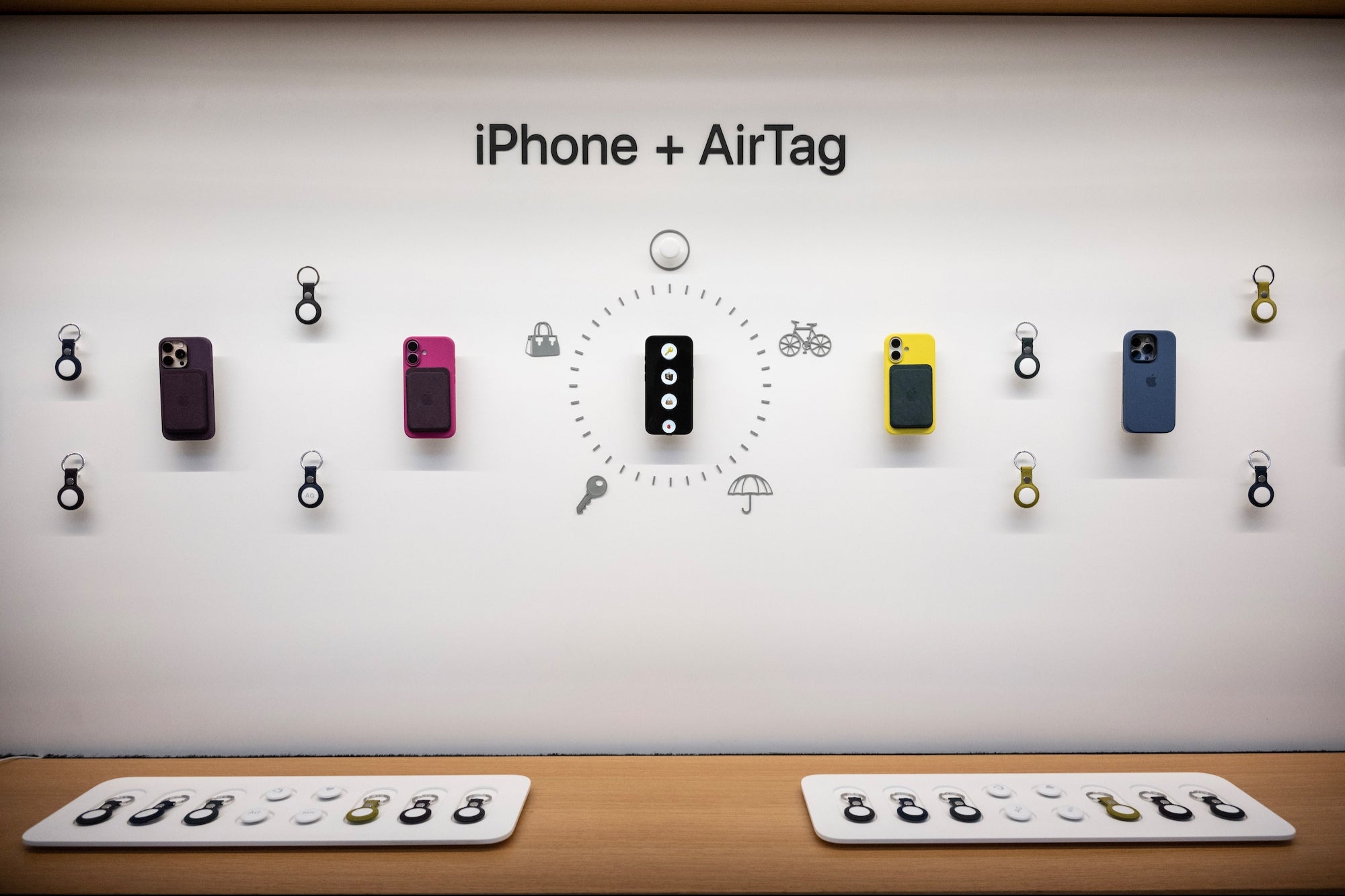The Difference Between Being a Boss and Being a Friend Find the line that works for your company -- and don't cross it.
This story appears in the January 2019 issue of BIZ Experiences. Subscribe »

Q: Having a close team is important to me, but where's the line between having a healthy culture and getting too personal? -- BJ, Kansas City, Mo.
A few years ago, I saw the answer to this question play out in front of me. It was at one of our two12 events, where we'd assembled a panel of BIZ Experiencess to talk about work culture. Half of the featured BIZ Experiencess said they only hire their friends. The other half said they never want friendship to be the backbone of their business. And that pretty much sums it up: There is no right answer here.
However, I can offer a good way to think about it.
When you consider how to relate with your team, you're really considering company culture. Some see culture as a by-product of competitive salaries, good benefits, and flexible working hours; others feel it's about camaraderie, friendship, and retreats. As the founder, you have the ability to set the terms of your culture -- including how everyone relates to each other.
To do this, I've found it helpful to first create values for your company. At our business Pen Name Consulting, we wrote these guidelines:
1. Success starts with respecting our clients above all else.
2. Don't be an a-hole.
3. Show your family (the team) you care about them and their success.
4. Overcommunicate -- but keep it to work channels and work-appropriate.
5. Respect the boundaries set by your family.
While that language might not be your speed, the vibe should be clear: We want Pen Name to have a client-centered focus, and that means showing mutual respect, appreciation, and communication to everyone within our organization and outside of it.
That last value on the list -- respecting boundaries -- speaks to the question of whether colleagues are also friends. It should be given extra care. Early in my career, long before we wrote that list of values, I didn't do a good job of this. The friendships I developed with my team made it difficult to know when we could act like friends and when we needed to act like coworkers. It made it hard to establish a hierarchy of decision-making, and it made it difficult for new employees to feel comfortable. (Friendships are good; cliques are toxic.)
RELATED: When Is It Time to Fire an Employee?
In one instance, an employee wasn't doing his job, but the rest of the team was afraid to tell me because he had become a close friend of mine. The problems ran deep, and the employee needed to be fired, but it took me a while to become aware of this -- because of the culture I had created. It was my fault, and building boundaries was a big part of the eventual solution.
By establishing clear guidelines and expectations, we made it easier for our team to understand what behavior was appropriate. We started measuring our own success by the success of our clients, which empowered our employees to take action and speak up if a team member wasn't pulling his weight. A sense of mutual respect -- not personal friendships -- became the driving force in our workplace culture, and it helped us do better (and more) work.
RELATED: Why You Need to Use NDAs to Protect Your Business
In the end, your business belongs to you. Whether or not you want to be friends with your employees inside or outside the office won't determine success or failure -- there are simply too many examples that prove both approaches can work. But you want to make sure your values are clear and pave the way for healthy communication. It will keep your employees feeling comfortable, and it will enable them -- as a team -- to do the best work possible.











